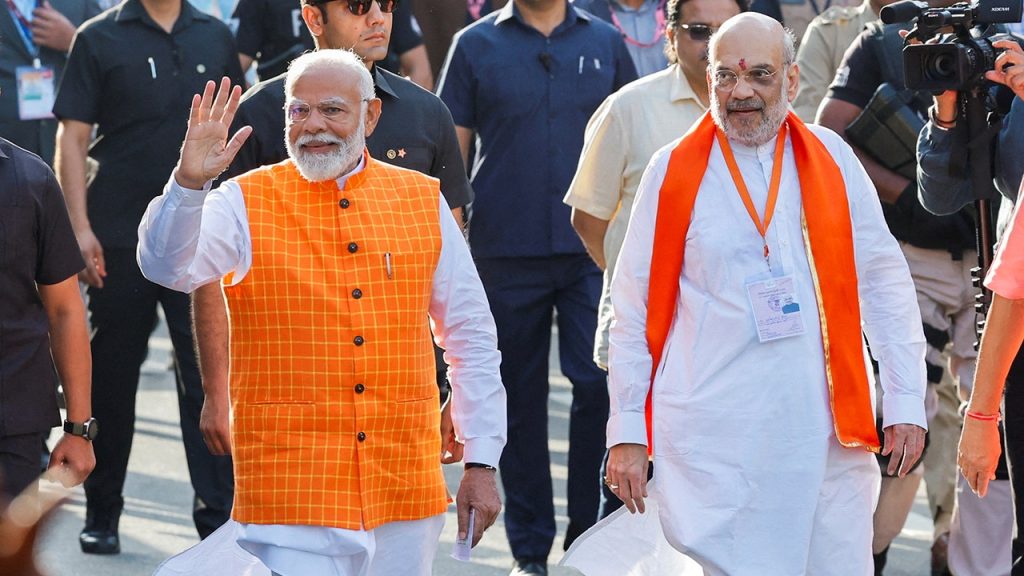The Canadian government has alleged that Indian Minister of Home Affairs Amit Shah, a close ally of Prime Minister Narendra Modi, was behind plots to target Sikh separatists on Canadian soil. The Indian government has denied any involvement and has dismissed Canada’s accusations as baseless. Canadian Deputy Foreign Affairs Minister David Morrison confirmed that Shah was behind the alleged campaign of violence and intimidation targeting Sikh separatists, but did not provide further details or evidence. The Indian government has not immediately responded to these allegations, and Canada had informed India about Shah’s alleged role in the plots around October 2023.
India considers the information regarding Shah’s involvement in the plots to be weak, flimsy, and not expected to cause any trouble for Shah or the government. Sikh separatists in India have been referred to as “terrorists” and a threat to national security. The demand for an independent homeland known as Khalistan has led to violence and an insurgency in the 1980s and 1990s, resulting in tens of thousands of deaths. Canada previously expelled Indian diplomats in connection to the murder of Sikh separatist leader Hardeep Singh Nijjar on Canadian soil, prompting an expulsion of Canadian diplomats from India as well.
The case of targeting Sikh separatists on foreign soil is not limited to Canada, as a former Indian intelligence officer has been charged in the U.S. for allegedly directing a plot to murder Sikh separatist leader Gurpatwant Singh Pannun in New York City. The FBI has warned against any retaliation aimed at a U.S. resident, and India has announced a formal investigation into the U.S. allegations. These accusations have strained relations between India and countries like the U.S. and Canada, which have viewed India as a counterbalance to China. The alleged involvement of high-ranking Indian officials in targeting Sikh separatists raises concerns about the impact on diplomatic relations and the potential for further escalation.
The 1984 anti-Sikh riots in India, which resulted in thousands of deaths, followed the assassination of then-Prime Minister Indira Gandhi by her Sikh bodyguards. The violence increased tensions between Sikhs and the Indian government, leading to a period of insurgency and unrest. The demand for an independent Sikh homeland has continued to be a point of contention between Sikh separatists and the Indian government. The allegations of Indian government involvement in plots targeting Sikh separatists in Canada and other countries have reignited debates about the treatment of Sikh communities and the broader political implications of these actions.
The ongoing investigations into the alleged targeting of Sikh separatists on foreign soil have raised concerns about the implications for international relations and the broader security implications of such actions. The involvement of high-ranking Indian officials like Amit Shah in these plots has further complicated diplomatic efforts and raised questions about the motivations behind targeting Sikh separatists. The accusations have put pressure on governments like Canada and the U.S. to address these issues and take action to prevent further violence and intimidation against Sikh communities. The long-term impact of these allegations on Canada-India relations and broader regional dynamics remains to be seen, but the fallout from these incidents could have far-reaching consequences for all parties involved.













